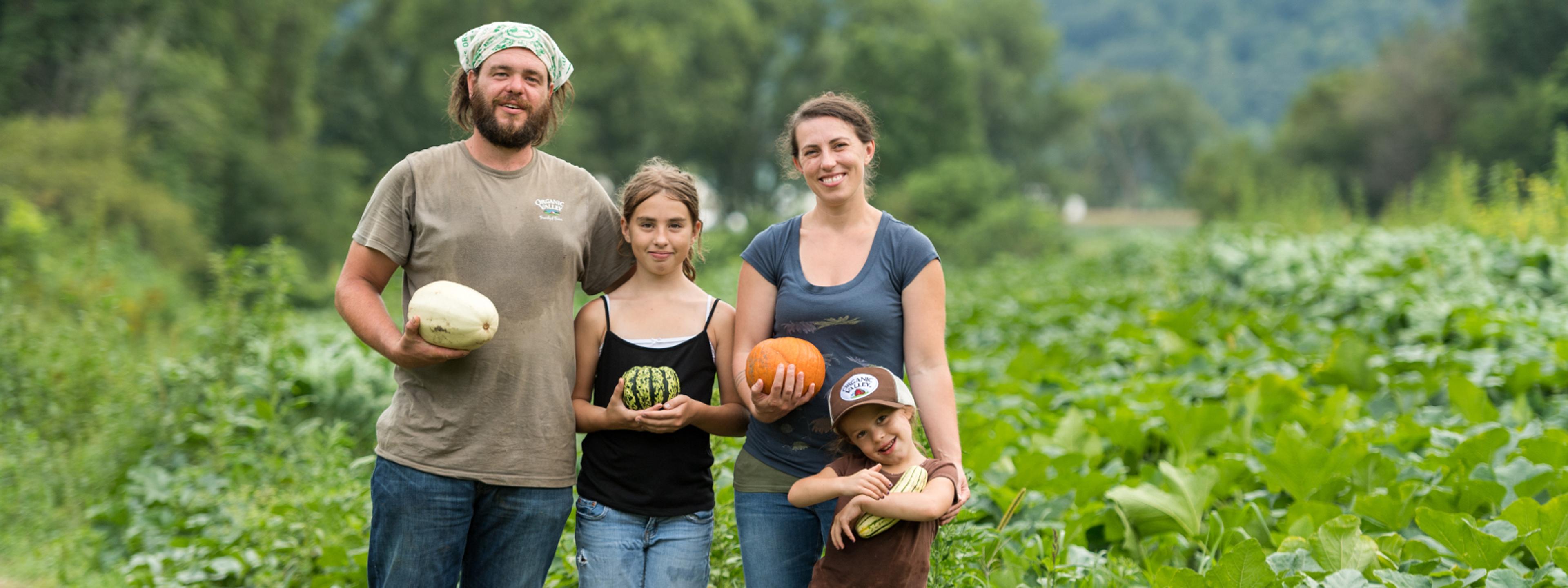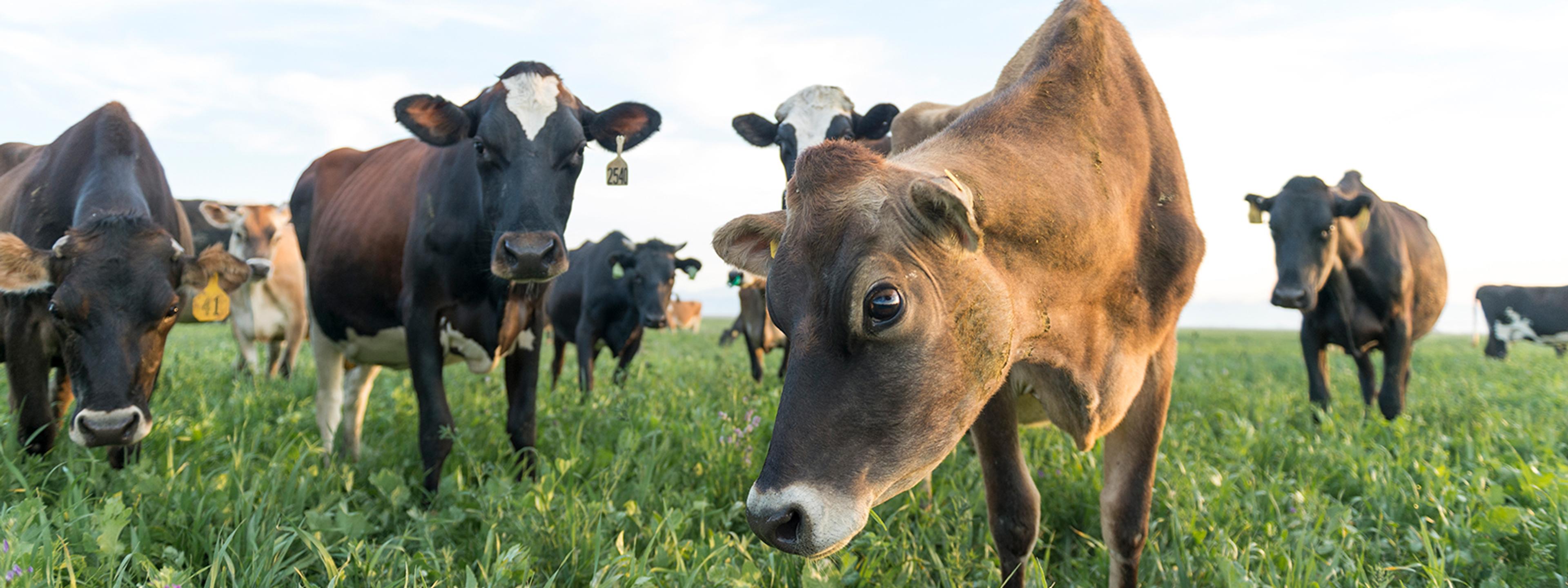
Organic
The Natural Challenge to Organic
The organic food movement is always full of challenges. For me as a CEO, I face an endless set of challenges while building and running an organic business that every year is unique. Now it seems, in the midst of our success, that organic is having an identity crisis. We hear a lot of discussion about organic being taken over by corporations or that organic does not mean GMO-free (it can’t be done) or that the USDA National Organic Program is inadequate or whatever else may make the headlines. This criticism might be normal growing pains, but the worst part is that while we debate, the marketers of natural competitive products (often pretending to be organic) are wooing our citizen-partners!
The organic community needs to break out of the endless cycle of USDA organic standard debate and watchdog cries against corporate take over. We need to pour our efforts into advocating for an organic and natural lifestyle that supports organic agriculture. Natural is a great word if it is used as it was in the beginning years of the organic foods movement. The term “natural” has always meant minimally processed with minimal additives, but it was used as an adjective to organic—not as a stand alone food product. The real goal is to advocate for organic natural foods.

Really though, “natural” is about our relationship to nature and is a great guide to use in our lifestyle choices. The concept of natural laws has been an inspiring perspective and a constant reference in my life, so it is hard to see the word “natural” reduced to only mean “no additives”. Natural is too rich of a word to be used against organic food. Of course, what is more natural in our relationship to nature than supporting organic food?
Products with misleading natural and “made with organic ingredients” labels combined with organic ingredients disappearing from familiar products are causing confusion. Informing our citizen partners on the differences between organic and natural is now a critical endeavor for those of us who love organic.
The dedication of organic manufacturers for years has been one of continual improvement with more and more organic ingredients being added. Competitive pressure to be as organic as possible was working well, given the high demand for 100% organic. We now see that some in the food industry are backsliding and playing off of consumer confusion. While it may be comfortable to attack these food manufacturers, it is not the long term answer. The answer has to be educating consumers to not be fooled by confusing label claims and that certified organic is worthy of our trust.

So, the real subject is—how can we educate our population to the depth of issues surrounding foods and the negative impacts of agriculture on our environment, our society and human health? The organic community is woefully underfunded to effectively counter the well-funded disparagements from the chemical industry. The education has to be about reaching for the positive choices and learning to be intelligent about the confusing messages in the food marketing world. I really feel the time has come to reach out to all members of the organic community to help fund these needed education efforts. I encourage you to check out The Organic Center’s impressive efforts to line up the science behind organic. Also, check out, The Organic Trade Association, working to keep the organic standards strong. The time has come for all individuals to pledge support to organic in as many ways as they can—with their purchases, with monetary donations and perhaps the most important activity is with their conversations! Telling friends and family about organic is still the most powerful educational tool.
Sharing my thoughts with Rootstock is reminding me how much there is to do. How do we build a movement that really is about a new natural lifestyle where we are learning together? Organic food is a leading edge to bring personal health and social change into our daily lives. We are a movement yet we are a society of individuals who no longer know how to act as a community or a movement despite that we are part of one. I hope sharing my thoughts can help contribute in a small way to nurture our movement and our organic community.












